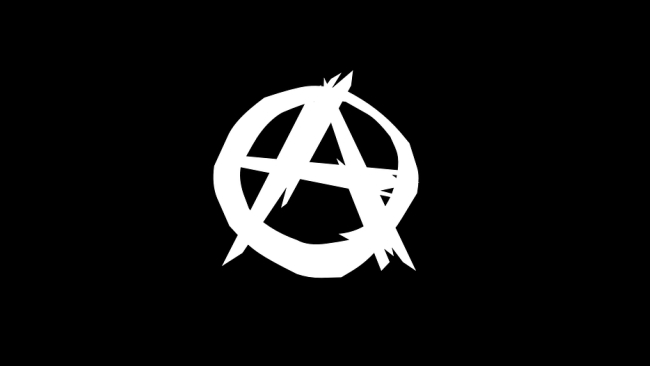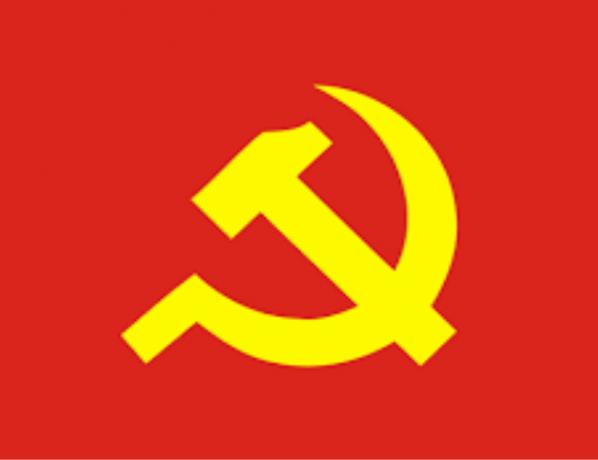Anarchism and Communism are two distinct political ideologies with great theoretical influence around the world.
O anarchism it is the ideology centered on the total elimination of all kinds of coercion.
In other words, this political current states that there should not be any type of authority towards the individual or society in general.
also believe that the state is harmful and unnecessary for the functioning and life of society.
 Symbol of anarchism.
Symbol of anarchism.
already the communism is a political and socioeconomic ideology that it aims to eradicate private property and, consequently, the struggle of social classes, in favor of an egalitarian society.
This political trend was inspired by the theories and studies of Karl Marx and Friedrich Engels, who published The Communist Manifesto, in 1848.
The study known as Marxism strongly criticizes capitalism, defending a society free from class division.
In this sense, political theory believes that workers become owners of their own means of production.

Communist symbol.
The political and economic motivations of anarchism and communism are similar in some points, such as the end of the State and Capitalism.
However, its theorists and advocates have always disagreed with the way forward to achieve their goals.
Below we explain these differences and how they affect public and private policies when put into practice.
The main differences between anarchism and communism
There are very basic differences between anarchism and communism.
Anarchism, for example, believes in the principle that a society should have no governmental authority to direct the thoughts and actions of citizens.
The followers of this political ideology do not believe in the State because they think that through education a new individual will be formed. In fact, many anarchists are responsible for creating pedagogical theories, such as libertarian education, adhered to at the beginning of the 20th century in Spain and France, such as the Modern School.
They believe that only through education will men be able to live without the need for laws and churches.
Thus, the anarchists they don't believe in the existence of the state. They also believe that there should be no higher authority to restrict freedom of thought and action.
You communists they believe that an effective government is run by only one party, which is communist and made up of members of the working class.
In this logic, the State should have all the resources, without the concept of private property, in order to eliminate the struggle of social classes.
In the table below we insert some of the main differences between anarchism and communism:
| ANARCHISM | COMMUNISM |
|---|---|
| Does not believe in the need for states and governments | It propagates the desire for a classless society ruled by communist parties |
| Individuals have the right to decide their production quantity | Production is distributed without class divisions or hierarchies of productive forces |
| Believes in internationalism without geographic borders | Believes in specified geographic states and boundaries |
| Rejects any type of political party and believes in individual freedom | It suggests leading communist parties with a focus on the working class, eliminating capitalism and building a classless society |
Anarcho-communism: concept and ideas
Also known as anarchist communism, free communism, libertarian communism and communist anarchism, it is a theory of anarchism that advocates the elimination of the state, capitalism, wage labor and private property.
Anarcho-communism was founded by Peter Kropotkin in the late 1800s. It is a strand of communist thought that works towards collective property and workers' control of the men of production.
See too:
- anarchism;
- communism;
- characteristics of communism;
- communism and socialism;
- Marxism;
- types of political ideologies and their characteristics;
- Private propriety.
